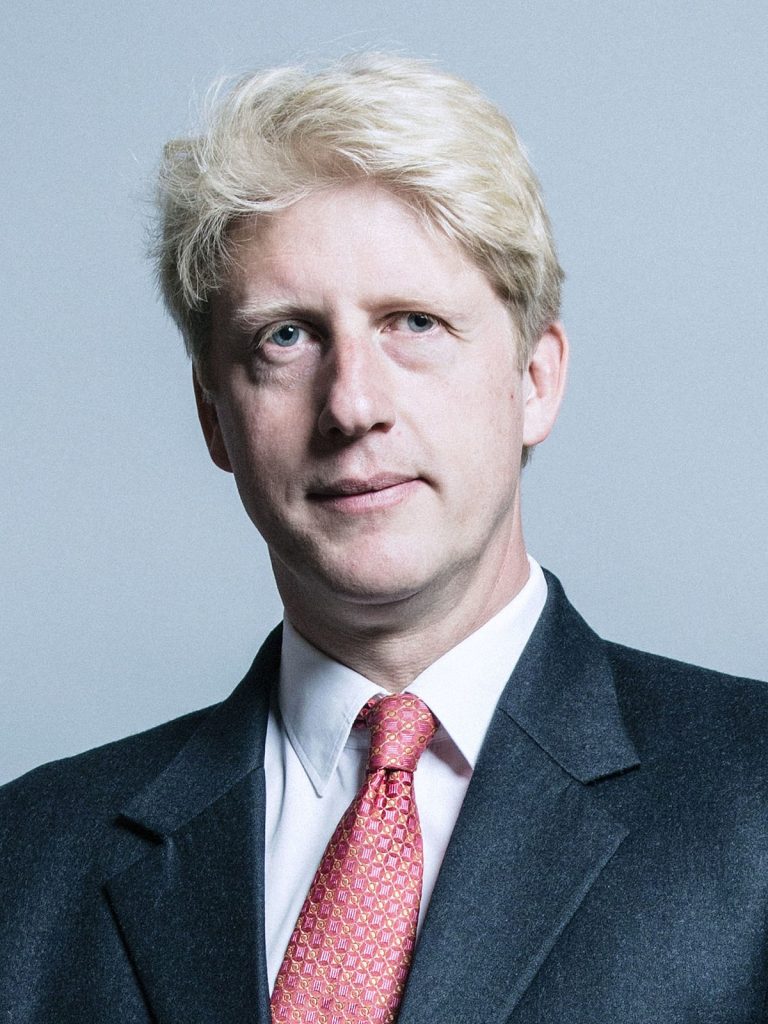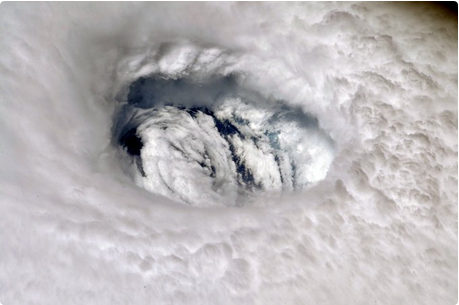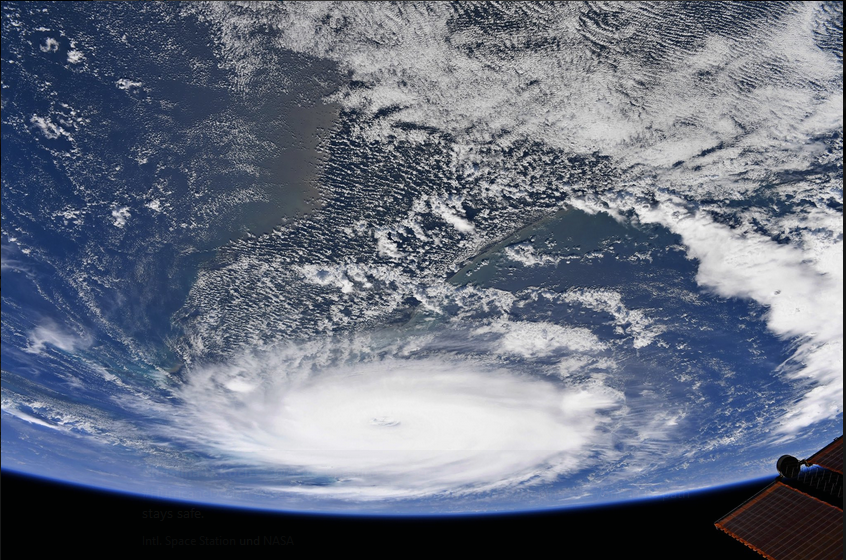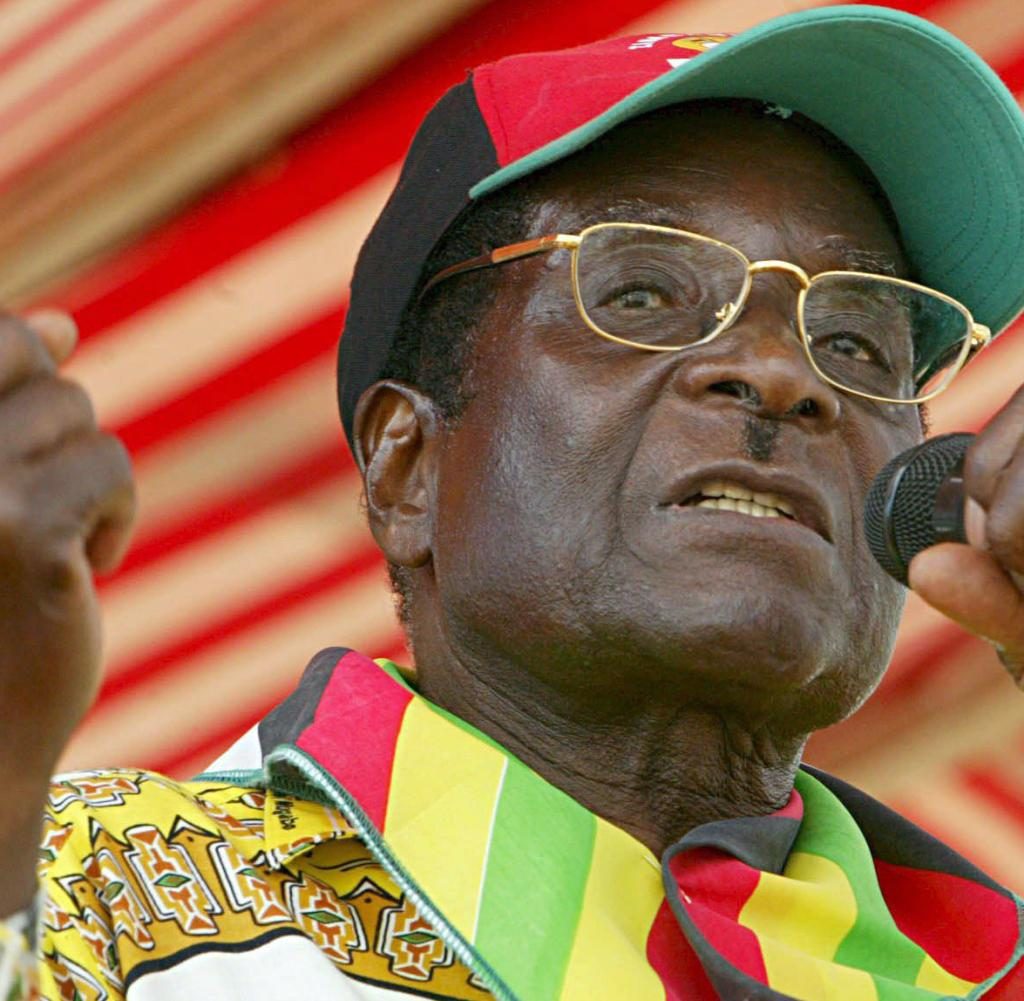Rulers come and rulers go,
Only by deeds will you be known.
1. Hong Kong Extradition-Bill
After three months of brutal demonstrations, the protesters of Hong Kong have achieved their first goal: the complete withdrawal of the Extradition-Bill. This piece of legislature was the spark that set off a wave of dramatic protests against the Hong Kong and Mainland governments.
Under the leadership of Carrie Lam, the Hong Kong government has been slow to respond to the demands of the protesters. The proposed bill was previously suspended but not withdrawn- allowing the possibility to rush the bill through at a later date.

The protests will however continue. The withdrawal of the bill is only the first of 5 demands, which are: 1. Fully withdraw the extradition bill. 2. Set up an independent inquiry into police brutality. 3. Withdraw the characterization of the protests as „riots“. 4. The release of arrested protesters. 5. Universal suffrage in Hong Kong.
For those watching, Lam’s reaction is too little, too late. The protesters have been galvanized by the lack of response from the central governement. The movement has become an expression of Hong Kong’s rejection of the Communist government and the citizens‘ fear of the Mainland.
A second silver lining in a situation that is still all too dark: the feared military actions have not materialized as of yet.
Further Reading: (CNN)
2. Brexit Battles: Johnson’s Majority
The Brexit story has just entered a particularly tumultous capital. After Prime Minister Boris Johnson suspended parliament in an attempt to prevent further debate, the Conservatives have now lost their working majority. On Tuesday, Phillip Lee crossed the chambers and joined the Liberal Democrats, a pro-European party. With this defection, Johnson and the Conservatives lose their majority of one and will struggle to push any legislature through. Even his attempt to call for new elections failed to pass.
This all happened on Tuesday, Johnson’s position has since shown no signs of improvement. Now Johnson’s own brother, Jo Johnson, has stepped down as MP and as government minister. Opposition-Leader Jeremy Corbyn effectively holds veto power over the government. During the debate he had strong words for Johnson, saying, “His is a government with no mandate, no morals and, as of today, no majority.”

And the Brexit? Parliament has voted against a No-Deal Brexit. A further extension, until 31. January, has been approved by the Lower House. Hopefully another 4 months will be enough time to find an acceptable solution.
Further Reading: (BBC; Al Jazeera; CNN)
3. Hurricane Dorian
After days of destruction, Hurricane Dorian has finally moved away from the Bahamas. The storm crashed into the island nation on Sunday September 1, making landfall as a Category-5 hurricane. Massive flooding and wind spurts of over 320 km/h left large portions of the northwestern islands utterly destroyed. The storm tide has been reported as reaching a height of 6-7 m on the island of Grand Bahama. Thousands of homes were destroyed, multiple islands are effectively underwater, and at least 30 deaths have been reported.

Thankfully, the storm has weakened dramatically, and it’s course has also altered. It made first landfall on the American coast as a Category-1 hurricane in North Carolina. The damage has so far been minimal, at least in comparison to the disaster in the Caribbean.

Further Reading: (Al Jazeera; CNN)
4. Robert Mugabe dies
The history of colonialism is perhaps best personified in the story of Rhodesia, known today as Zimbabwe. Named after Cecil Rhodes, the British governor who laid claim to the land in 1890, white power ruled until the country achieved independence as Zimbabwe in 1980. Enter Robert Mugabe, teacher and activist. Well-dressed, well-read, and well-spoken, Mugabe co-founded the Zimababwe African National Union (ZANU) with Ndabaningi Sithole after fleeing the country. Mugabe claimed (rightfully) that the white leadership of the country was illegitimate, however he was quick to advocate violence to achieve his ends. He ended up spending almost eleven years in prison for subversion. After his release in 1974, he led the guerilla movement ZANU-PF from Mozambique in challenging the government. After 5 years of warfare, Robert Mugabe stood at the head of a independent Zimbabwe. The new power immediately went to his head, and his violent tendencies became more pronounced.

For the oppressed, his reign started well: schools and hospitals were built, agriculture was promoted, and old animosities with foreign nations were cleared. But this was just the first step of a long and tragic path, and it didn’t take long for the country to begin decaying. His policies of forceful land appropriation drove the Breadbasket of Africa to the brink of starvation. Whites who had been farming for generations were robbed, beaten, and driven out of the country. His non-white enemies fared little better: tens of thousand of ethnic Ndebeles were killed, often being forced to dig their own mass graves. His politicals opponents were dealt with in similar fashion. Mugabe’s autocratic rule continued with increasing brutality until 2008, when a hotly debated election led to Morgan Tsvangirai’s Movement for Democratic Change winning over 50% of the vote. Tsvangirai accepted the shared leadership of the country as Prime Minister.
Mugabe continued as president until his own party forced him out in 2017. During his retirement, he was rarely seen in public: rumours of sickness accompanied conspiracy theories that Mugabe had died years ago and had been replaced by a body double. Robert Mugabe’s death today, at the age of 95, marks the end of a bloody era, a lesson in how anti-colonialism can lead to the same horrors as the European oppressors. Mugabe began his rule with promise and hope, and quickly devolved into the posterchild of African despotism, corruption, and nepotism. Despite this, many African leaders mourn his passing.
Further Reading: (CNN; Al Jazeera)
